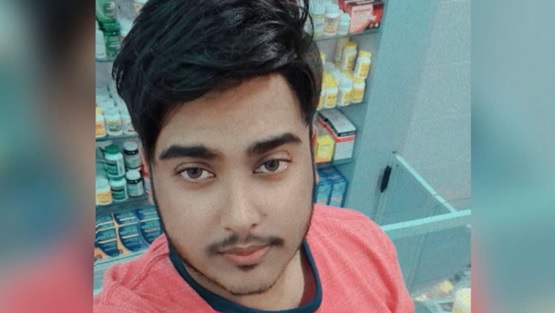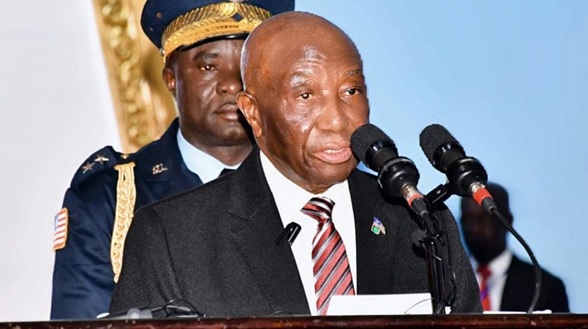By James W. Cooper
MONROVIA – In a startling revelation, Pakistani national Ashraf Haider Chowdhory, along with two Indian nationals, Narayan Vihaan and Hariom Aditya, have been implicated in the illegal sale of counterfeit and substandard medicines to drug stores in Monrovia and surrounding areas. This illicit network has raised serious public health concerns, particularly given the broader issue of counterfeit drugs in Liberia. Chowdhory, who does not own any registered medical stores, has been supplying pharmacies, clinics, hospitals, and other health facilities with these dangerous products.
According to sources, Chowdhory has established contacts with individuals from Guinea and Nigeria to import fake, expired, and substandard medicines into the Liberian market. This illegal operation highlights the growing threat of counterfeit drugs, which has contributed to public mistrust in Liberia’s healthcare system.
Amid this crisis, the Liberia Medicines and Health Products Regulatory Authority (LMHRA) recently organized a one-day media engagement workshop in Monrovia. Themed *“Preventing False Advertisement on Health & Non-Health Products,”* the workshop was designed to educate media professionals on the critical role they play in disseminating accurate health information to the public.
Luke L. Bawo, Managing Director of LMHRA, emphasized the agency’s mission to ensure that all health products in Liberia meet strict quality and safety standards. “Our main mandate is to ensure that commodities—whether medicines, health products, supplements, or narcotics—are of quality, safe, and efficacious,” he stated.
Bawo raised alarm over the prevalence of expired and substandard medicines in the country, revealing that approximately 45% of medicines currently in circulation do not meet safety standards. He further warned about the existence of around 180 tons of expired health products nationwide, emphasizing the urgent need for their safe disposal to protect public health.
A key concern discussed during the workshop was the erosion of public trust in the formal health sector, driven by the circulation of poor-quality medicines. Many patients, frustrated by ineffective treatments, have turned to informal health providers, complicating the efforts of health professionals and regulatory authorities.
Another pressing issue is the insufficient testing of health commodities in Liberia. Currently, only 20% of products are adequately tested, leaving a significant portion of the market vulnerable to unsafe and ineffective medicines. The LMHRA stressed the importance of strengthening its testing capacity and urged the media to play a proactive role in fighting false advertising and rebuilding public confidence in the healthcare system.
As Liberia continues to grapple with the challenges posed by counterfeit drugs, the LMHRA’s call for vigilance and cooperation across sectors is critical to safeguarding public health and ensuring that only safe, effective medicines are available to the population.







